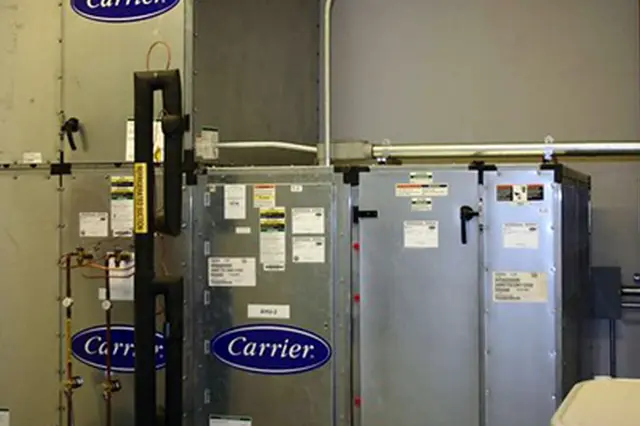
What are some common heating repair problems?
HVAC (heating, ventilation, and air-conditioning) systems can be a big investment. So when they start to give you problems, it can be frustrating. Here are some of the most common heating repair problems and how to fix them.
Heating system not turning on
If your heating system is not turning on, there are a few things you can check to see if it’s something you can fix yourself. Make sure all of the cold waterlines are properly shut off, making sure that the thermostat is set to the correct temperature, and that any filters or vents in the system are clear. If none of these fixes work, then you may need to call a professional.
Heating unit not producing heat
There are a number of common heating repair problems that homeowners may experience. These problems can include an inadequate or broken furnace, heat pump not generating enough heat, and malfunctioning thermostat. If you notice that your heating unit isn’t producing heat, there are a few things you can do to troubleshoot the issue.
If the problem is with your furnace, you’ll likely need to check for obstructions in the furnace’s air flow and clean out any debris or lint buildup. If the problem is with the heat pump, it may be necessary to reset the system or replace the component that’s not working. If the thermostat is malfunctioning, it may need to be replaced. In all cases, it’s important to consult with a professional technician in order to get your home heated up properly.
Heating coil is broken
One of the most common heating repair problems is a broken heating coil. A broken heating coil can lead to poor indoor air quality and, in some cases, even dangerous overheating. Heating coils are often located near the floor or ceiling of your home and need to be replaced if they become damaged. In addition to being costly, replacing a broken heating coil can be difficult and time-consuming.
Damaged or clogged heating registers
One of the most common heating repair problems is a damaged or clogged heating register. This can prevent your furnace or boiler from working properly and can lead to long-term repairs or even replacement. Other common heating repair problems include malfunctioning thermostats, blocked vents, and broken pipes. If you notice any of these signs of a problems, don’t hesitate to call a professional technician.
Electrical problems in the heating system
If you’re experiencing problems with your heating system, there are a few things to check first. Is the thermostat set properly? Are the registers working correctly? Is the furnace or heater running? And if all of those seem to be in order, have you tried replacing any parts of the heating system? Here are some common electrical problems that can cause heating issues:
1. Defective wiring. This is probably the most common reason for heating problems. Wiring can become loose and corroded over time, which can lead to intermittent connections and faulty functionality. If you think your wiring might be at fault, it’s best to have it checked out by a professional.
2. Poor insulation. Heating systems rely on electric current to work, and if there’s not enough insulation between the wires and the walls, that current will start to spark and create heat problems. Make sure all external surfaces around your heating system are well insulated – including roofing materials and pipes – to avoid these types of issues.
3. Faulty breakers or switches. One of the most important elements of a functional heating system is its breaker box – this is where all of the circuit breakers live. If those breakers aren’t properly installed or they’re not functioning correctly, it can cause serious electrical issues within your home’s heating system. It’s always a good idea to have an expert check out your breaker box before making any major repairs.
4.”Hot spots” in the home. If you’re experiencing problems with your heating system, it might also be because there are areas in your home that are warmer than others. This is often referred to as a hot spot, and it can be caused by a variety of factors including poor insulation, faulty wiring, and defective heaters or furnaces. If you notice any areas in your home where the temperature is consistently higher than the rest, it’s best to have those areas checked out by a professional.
If you’re experiencing any type of heating issue, it’s always best to call a professional for help. They’ll be able to diagnose the problem and recommend the best course of action.
